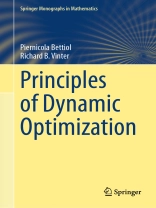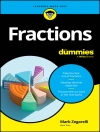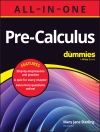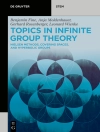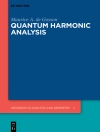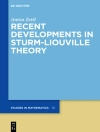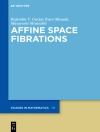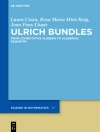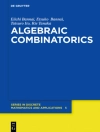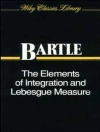This monograph explores key principles in the modern theory of dynamic optimization, incorporating important advances in the field to provide a comprehensive, mathematically rigorous reference. Emphasis is placed on nonsmooth analytic techniques, and an in-depth treatment of necessary conditions, minimizer regularity, and global optimality conditions related to the Hamilton-Jacobi equation is given. New, streamlined proofs of fundamental theorems are incorporated throughout the text that eliminate earlier, cumbersome reductions and constructions. The first chapter offers an extended overview of dynamic optimization and its history that details the shortcomings of the elementary theory and demonstrates how a deeper analysis aims to overcome them. Aspects of dynamic programming well-matched to analytical techniques are considered in the final chapter, including characterization of extended-value functions associated with problems having endpoint and state constraints, inverse verification theorems, sensitivity relationships, and links to the maximum principle.
This text will be a valuable resource for those seeking an understanding of dynamic optimization. The lucid exposition, insights into the field, and comprehensive coverage will benefit postgraduates, researchers, and professionals in system science, control engineering, optimization, and applied mathematics.
Table of Content
Preface.- Overview.- Set Convergence, Measurability, and Existence of Minimizers.- Variational Principles.- Nonsmooth Analysis.- Subdifferential Calculus.- Differential Inclusions.- The Maximum Principle.- The Generalized Euler-Lagrange and Hamiltonian Inclusion Conditions.- Free End-Time Problems.- The Maximum Principle for Problems with Pathwise Constraints.- The Euler-Lagrange and Hamiltonian Inclusion Conditions in the Presence of State Constraints.- Regularity of Minimizers.- Dynamic Programming.- Bibliography.- Index.
About the author
Piernicola Bettiol is professor of mathematics at the University of Brest, France. He received a Ph D degree in mathematics from the University of Padova and was a Postdoctoral Researcher at Imperial College London. His areas of research are dynamic optimization, control theory, calculus of variations and differential games.
Richard Vinter is Emeritus Professor of Control Theory at Imperial College, London. He obtained a Ph D from Cambridge University and was a Postdoctoral Researcher (Harkness Fellowship) at M.I.T.. His research is in the areas of nonlinear analysis, dynamic optimization, systems theory, differential games, stochastic modelling and estimation.
